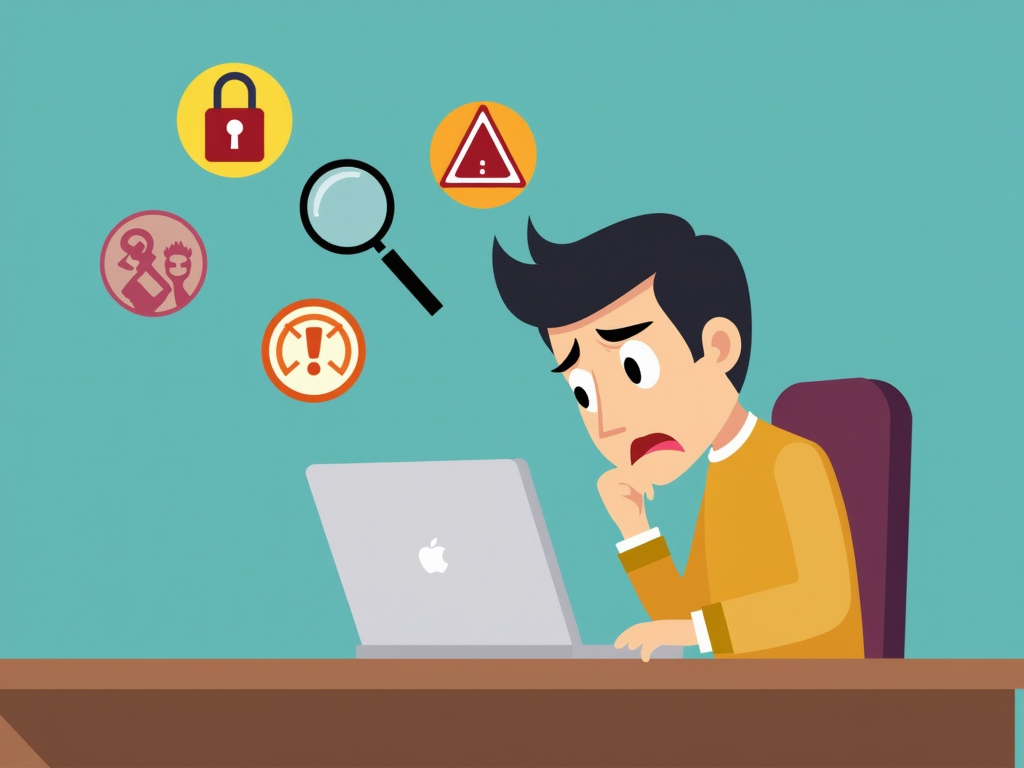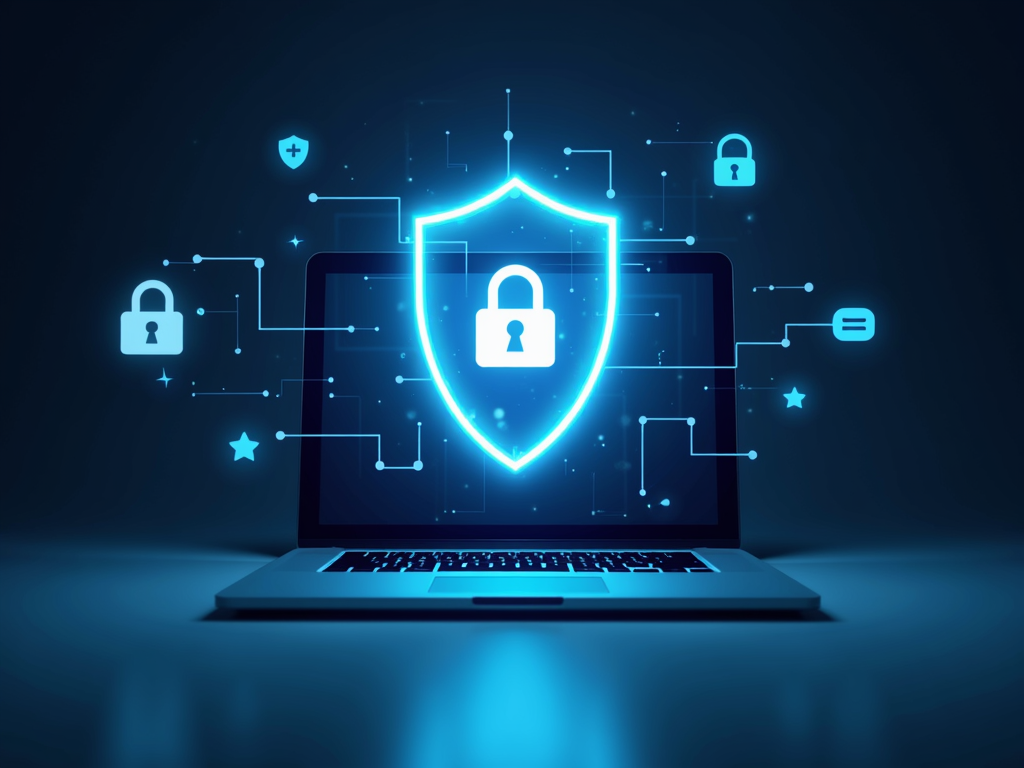How to Choose the Right Online Privacy Tools for Your Needs
Your online privacy matters. Every day, you share personal details on the internet—whether it’s shopping, chatting, or browsing. This guide helps you choose the right online privacy tools to protect yourself. It’s simple, actionable, and written just for you.
Why Online Privacy Is a Big Deal
Picture this: every website you visit, every search you make, even every message you send—someone could be watching. Online privacy means keeping your personal stuff, like your name, address, or bank details, safe from prying eyes. Without protection, companies, hackers, or even strangers might grab your info. That’s why online privacy tools are your first line of defense.

Reasons You Need These Tools
Here’s why online privacy tools are worth your time:
- Keep Your Info Safe: They stop others from seeing your passwords or credit card numbers.
- Stop the Tracking: Websites and ads often follow you around—tools block that.
- Lock Down Messages: Your chats and emails stay private with the right protection.
- Stay Hidden: Browse without anyone knowing who or where you are.
Using these tools puts you in charge of what you share online.
What Tools Are Out There?
There’s a toolbox full of options for online privacy. Here’s a rundown:
Virtual Private Networks (VPNs)
A VPN hides your location and scrambles your internet connection so no one can spy on you.
Password Managers
These create tough passwords and remember them for you—no more ‘password123.’
Ad Blockers
They stop annoying ads that track what you do online.
Encrypted Messaging Apps
Apps like these make sure only you and your friend can read your texts.
Privacy Browsers
Browsers like Brave or Tor block trackers and keep your searches private.
Antivirus Software
This fights off viruses and sneaky programs that steal your data.

Steps to Pick the Right Tools
Not sure where to start? Follow these steps to choose the right online privacy tools for your needs:
-
Figure Out What You Want to Protect
Are you worried about hackers, trackers, or unsafe messages? Knowing this helps you focus. -
Do Your Homework
Look up tools online. Read reviews from real users or experts. For a VPN, check speed and if they keep logs. -
Make Sure It Works for You
Does it run on your phone or computer? Double-check before you buy. -
Keep It Simple
Pick tools that are easy to use. If it’s too tricky, you won’t stick with it. -
Look for Extras
Some tools have cool bonuses—like a VPN that cuts your internet if it fails, keeping you safe. -
Weigh Cost and Value
Free tools are nice, but paid ones might offer more. Decide what’s worth it for you.
My Experience with Privacy Tools
I’ve tested a bunch of these tools myself. I love ExpressVPN because it’s fast and has servers everywhere—I even used it to watch shows from other countries. For passwords, LastPass is my go-to. It’s simple and keeps my logins safe. I also switched to Brave for browsing—it blocks ads without me lifting a finger.
For texting, Signal is awesome. I feel good knowing my chats are locked tight. Plus, I always run antivirus software—it once caught a shady download before it caused trouble. Mix a few tools together, and you’re way safer online.

Quick Tips to Stay Safe
Here’s a short list to boost your privacy:
- Use strong passwords (your password manager can help).
- Skip sketchy websites or links.
- Update your tools and apps regularly.
- Combine tools for extra protection.
Little habits like these go a long way.
Wrapping It Up
Choosing the right online privacy tools doesn’t have to be hard. Start by knowing what you need, dig into your options, and pick tools that fit your life. With the right setup, you’ll feel safer online—and that’s a win worth having.
Want to learn more? Check out these great reads below!